How To Stop Procrastinating

Issue No. 37 | Brought to you by the Addiction Reset Community – ARC
Unlocking the secrets of processed food addiction and guiding you to find freedom from food and weight obsession.

Ever wondered why you can’t get started on your clean food-eating plan?
Most people think they are procrastinating – but they are not! The reason this is happening is because of addiction. The addiction causes the block to get started and makes it difficult to remain consistent once you do.

The process of breaking through the blockage that is stopping you from gaining control of your food and living in a healthy body starts with understanding what is happening in your brain.
What happens in the brain?
The desire to eat clean and your decision-making power to make clean food choices is located in the brain’s frontal lobe. This part only constitutes 2% of your brain power.
Another part of the brain, a much stronger part of the brain, is the limbic system, sometimes called the “reward ...
Recovery Is Not All About Perfection With Food
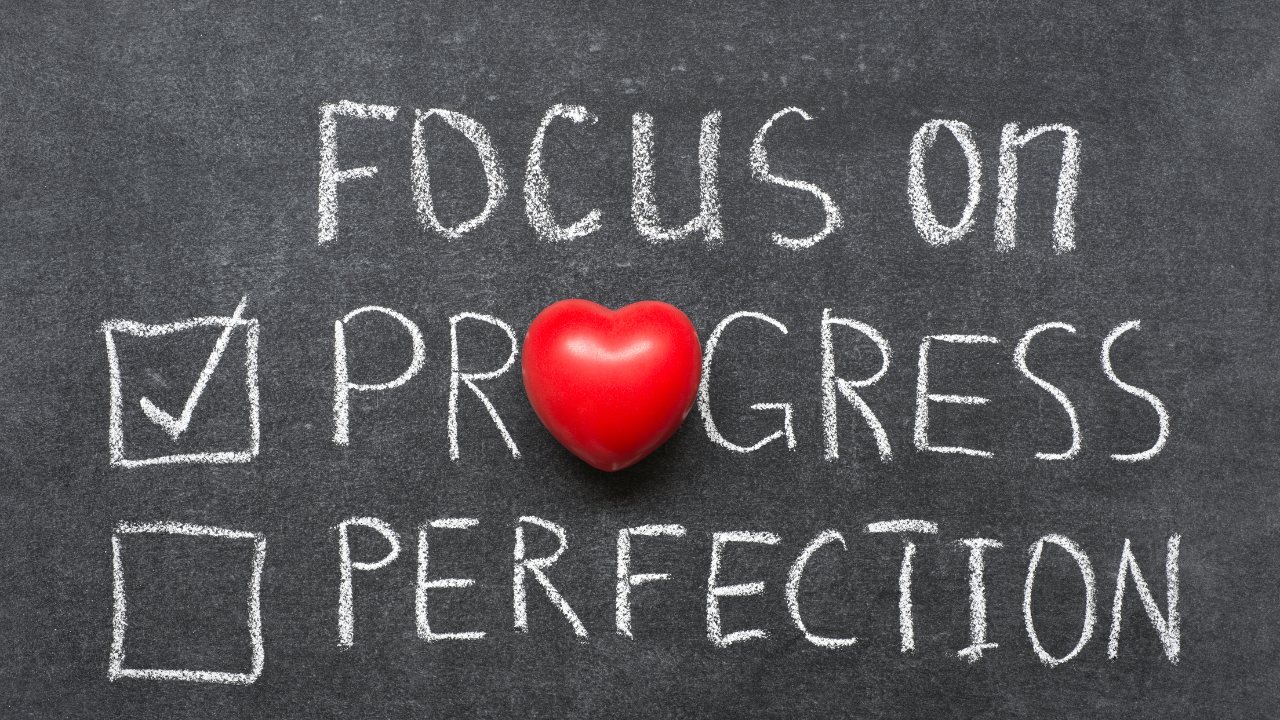
Issue No. 36 | Brought to you by the Addiction Reset Community – ARC
Unlocking the secrets of processed food addiction and guiding you to find freedom from food and weight obsession.

One of the most common mistakes that people make in recovery from addiction to processed foods, is that they put too much emphasis on the food. This Is not to say that the food is not an important aspect of food addiction recovery - but getting the food perfect is not enough, on its own, or long-term abstinence and putting a severe food addiction into remission. In fact, the food is just 20% of the recovery equation.
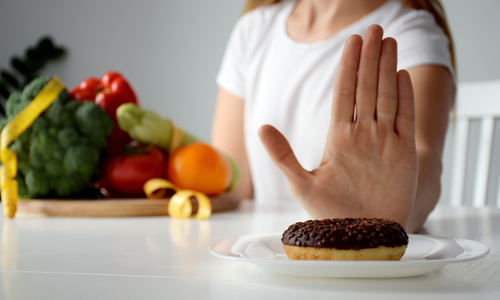
Over several decades of dealing with an ever-worsening worldwide obesity and health crisis, much of the focus has been on how to perfect the food. People struggling with overeating, overweight or obesity have been told to just adjust or reduce their food intake or to simply cut calories. There has been a widespread belief, driven by the food and diet industries, that adjusting your ...
What Foods Do I Have To Take Out Of My Diet?
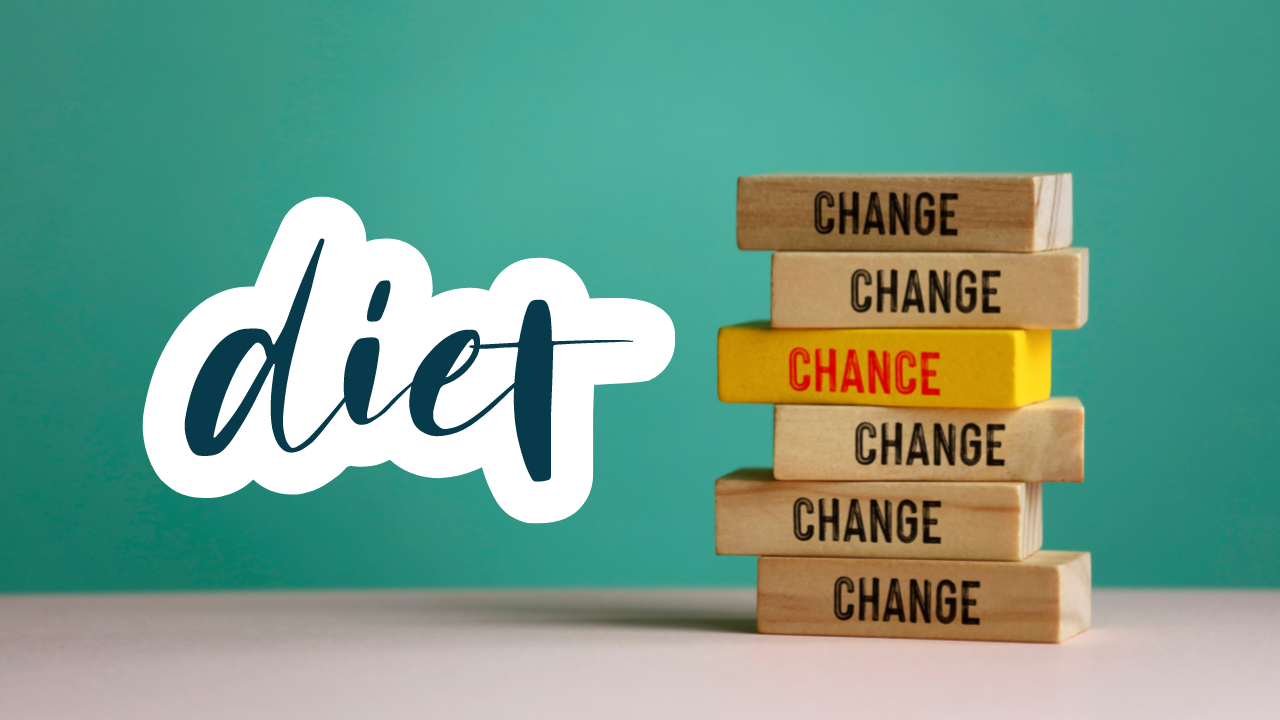
Issue No. 35 | Brought to you by the Addiction Reset Community – ARC
Unlocking the secrets of processed food addiction and guiding you to find freedom from food and weight obsession.

So what really has to be removed from your food plan if you want to be safe from processed food addiction? Let’s begin by first unpacking the word “safe”.
Safety in recovery means freedom from cravings and food obsession. Feeling safe means that you can go to bed at night without any regrets about the food choices you made throughout the day. Safe also means having a plan when you wake up every morning and following through on it throughout the day.

Are there specific foods that make us unsafe?
Yes, there are foods that drive cravings and loss of control, which are not merely “unhealthy”, but are bad for us and damaging to our health. Foods we should not be eating at all, not even in moderation.
What follows is an opinion on harmful foods, based on the understanding of the research by D...
3 Ways Dieting Makes Food Addiction Worse
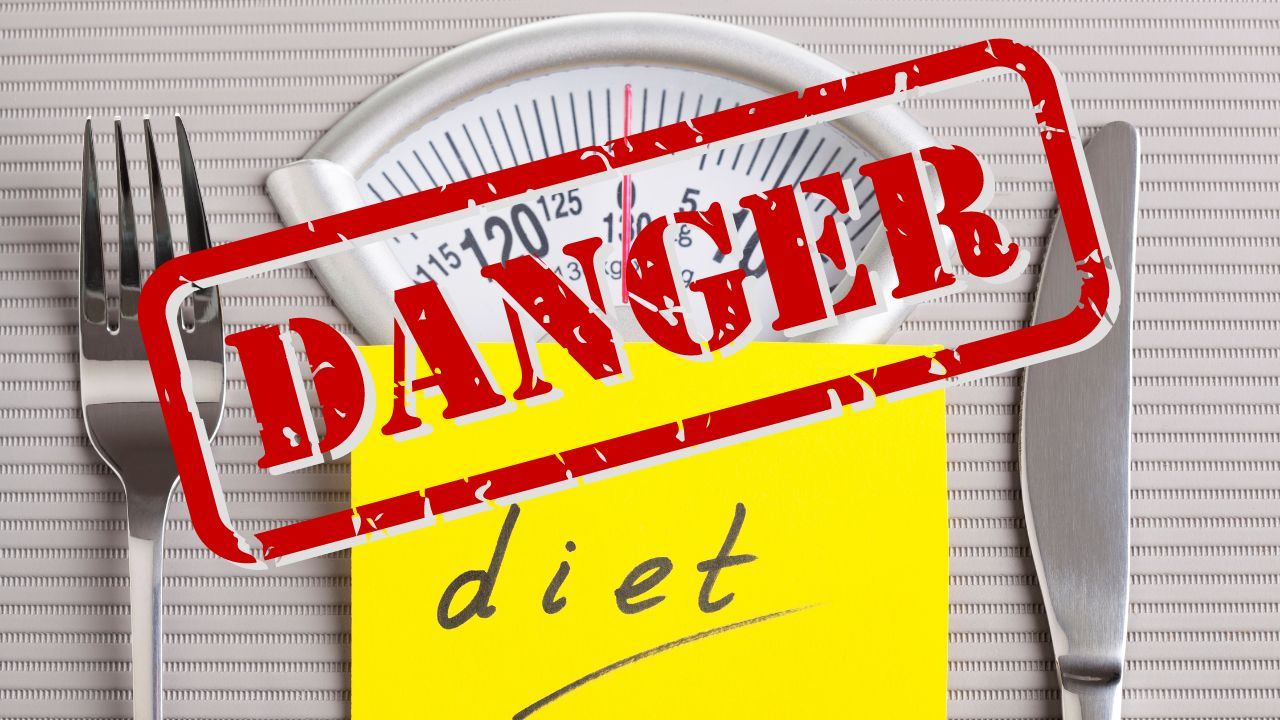
Issue No. 34 | Brought to you by the Addiction Reset Community – ARC
Unlocking the secrets of processed food addiction and guiding you to find freedom from food and weight obsession.

When the Big Tobacco industry took over major food manufacturing companies in the 1980s, they brought along their addiction business model which had previously been highly successful in getting the vast majority of people addicted to smoking cigarettes. The explosion in the availability of highly addictive, processed food and the inevitable increase in the numbers of people struggling with weight gain, has seen a rapidly expanding diet industry.

A 2021 market analysis report by Allied Market Research, reports that the Weight Loss and Weight Management Market was valued at $192. 2 billion in 2019. This is forecast to reach $295.3 billion by 2027. The analysis report lists big food manufacturing companies among the key role-players in this market. Big Food companies continue to make lucrative pro...
The Truth About Night Eating
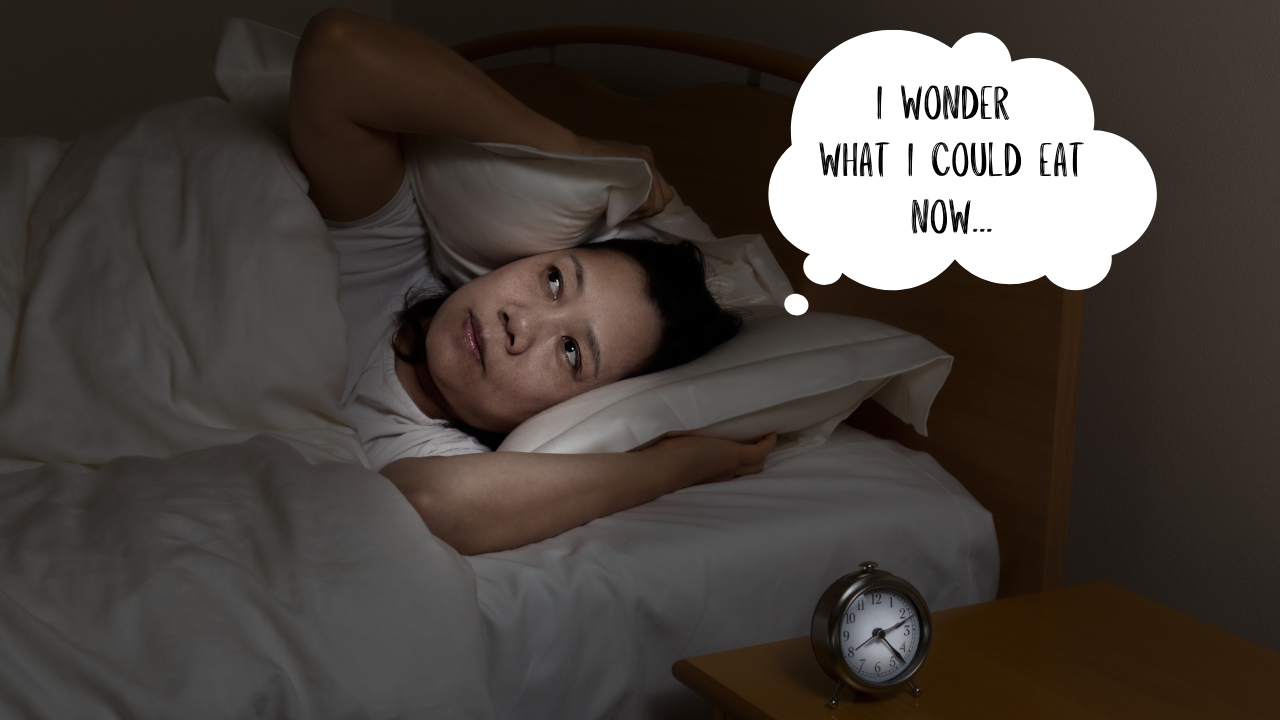
Issue No. 33 | Brought to you by the Addiction Reset Community – ARC
Unlocking the secrets of processed food addiction and guiding you to find freedom from food and weight obsession.

Do you struggle with uncontrollable night-time eating? Recovering food addicts often report that they may be able to get through the day sticking to their clean food meal plans but find it extremely difficult to avoid overeating at night. Some report behavior patterns of stopping at the store for processed food on their way home from work in the evenings just to stock up for nighttime bingeing. Or arranging evening deliveries of processed food despite their intention to eat a healthy dinner. Others leave their homes at night to restock food when they have run out or stay up late to eat or wake up from a sleep to finish leftovers.
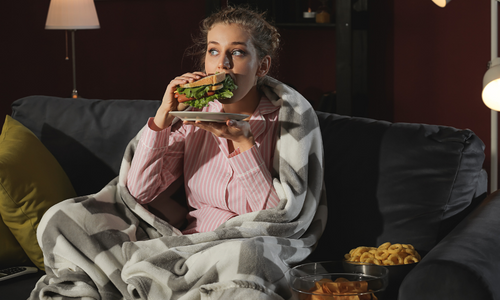
If any of these behaviors resonate with you, you are not alone. This is not your fault and there is a way to gain back control.
Since researching, writing and editi...
Food Addiction And The Mind-Gut Connection
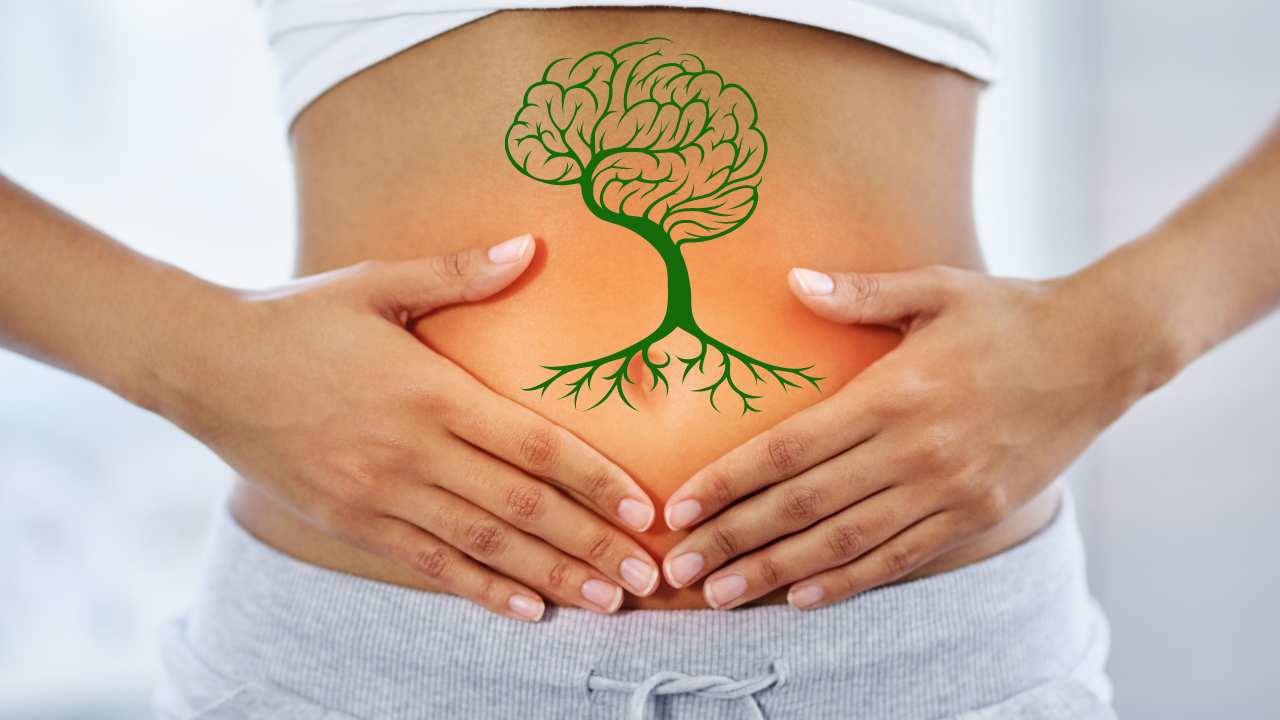
Issue No. 32 | Brought to you by the Addiction Reset Community – ARC
Unlocking the secrets of processed food addiction and guiding you to find freedom from food and weight obsession.

Have you ever had a "gut-wrenching" experience? Do certain situations make you "feel nauseous"? Have you ever felt "butterflies" in your stomach? We use these expressions for a reason. The gastrointestinal tract is sensitive to emotion. Scientific studies now reveal that emotions such as anger, anxiety, sadness, elation, dd others, can trigger symptoms in the gut.

Research shows that the brain has a direct effect on the stomach and intestines. For example, the very thought of eating can release the stomach's digestive juices before food gets there. This connection goes both ways. A troubled intestine can send signals to the brain, just as a troubled brain can send signals to the gut. Therefore, a person's stomach or intestinal distress can be the cause or the product of anxiety, stress, or depre...
20 Ways That Processed Food Resembles Recreational Drugs?

Issue No. 31 | Brought to you by the Addiction Reset Community – ARC
Unlocking the secrets of processed food addiction and guiding you to find freedom from food and weight obsession.

Many people who struggle with overeating or fail to cut back on processed foods despite their best efforts, still believe that this is due to their lack of willpower. They live with shame and self-judgement, believing that they are simply “not trying hard enough”.
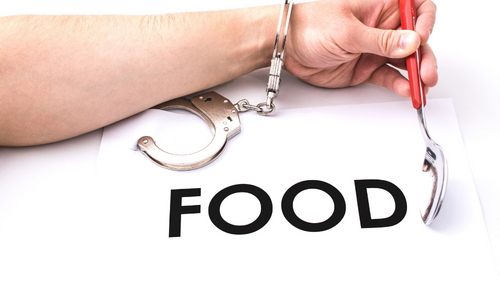
Big Food and dieting industries have thrived on the vicious weight-gain-weight-loss-cycle that many find themselves caught in.
Awareness, diagnosis and management of processed food addiction is still relatively low, with medical professionals, health coaches and society at large, still not acknowledging processed food addiction as a “real addiction”.
In the years spent by Dr Joan Ifland (PhD) while researching as the lead author and editor of the textbook Processed Food Addiction: Foundations, Assessment and Management, she r...
New Answers To 6 Burning Questions About Emotional Eating | Part 2 of 2

Issue No. 30 | Brought to you by the Addiction Reset Community – ARC
Unlocking the secrets of processed food addiction and guiding you to find freedom from food and weight obsession.

Following on from the last issue of this newsletter, we will continue to answer the 6 most commonly asked questions in relation to ‘emotional eating’.
- What is emotional eating?
- Is emotional eating an issue in the absence of processed food?
- Why is it specifically food that I have chosen to deal with my emotions?
- How can I stop feeling like a failure?
- How do you resolve emotional eating?
- How can I stop emotional eating permanently?
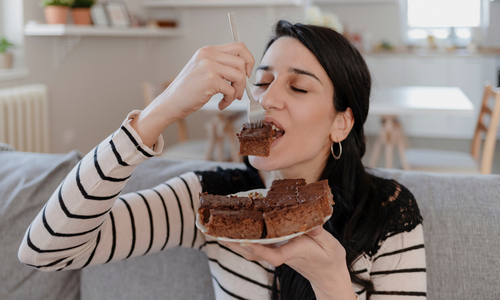
In the last issue, we provided insights on the subject of ‘emotional eating’ based on the research of Dr Joan Ifland, the lead author and editor of the textbook Processed Food Addiction: Foundations, Assessment and Management. Here are new answers to the last three questions.
Question 4: How can I stop feeling like a failure?
The findings of research in...
New Answers To 6 Burning Questions About Emotional Eating | Part 1 of 2

Issue No. 29 | Brought to you by the Addiction Reset Community – ARC
Unlocking the secrets of processed food addiction and guiding you to find freedom from food and weight obsession.

Over the last seven years of engaging with recovering food addicts around the world on our Food Addiction Education Facebook group, 6 important questions have emerged regarding ‘emotional eating’.
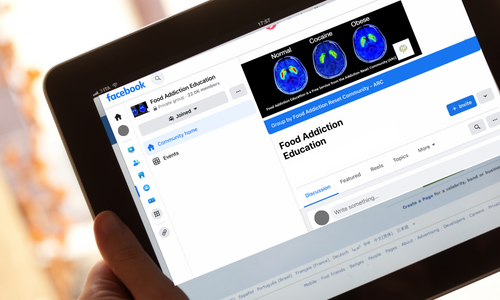
The 6 most commonly asked questions in relation to ‘emotional eating’ are:
- Is emotional eating an issue in the absence of processed food?
- Why is it specifically food that I have chosen to deal with my emotions?
- How can I stop feeling like a failure?
- How do you resolve emotional eating?
- How can I stop emotional eating permanently?
The old ideas about emotional eating have been disproven by research. In researching and writing the textbook Processed Food Addiction: Foundations, Assessment and Management, Dr Joan Ifland looked at almost 8000 studies. The findings indicate that, for millions ...
What’s Going On In Your Brain?

Issue No. 28 | Brought to you by the Addiction Reset Community – ARC
Unlocking the secrets of processed food addiction and guiding you to find freedom from food and weight obsession.

Have you ever experienced a total loss of control that leads to overeating despite your intention to cut back?
Have you witnessed yourself behaving like a programmed robot, responding to the urge to eat processed foods despite your best efforts to abstain from them?

Or have you found yourself overeating just to cope with stress and manage your emotions, despite not being hungry?
Observing yourself switching to this almost ‘auto-pilot’ mode, where you are seemingly unable to stop yourself from eating the foods you intend to avoid, can be very frightening. It can also lead to self-blame and feelings of frustration or shame. Let’s take a closer look at what’s really going on in your brain.
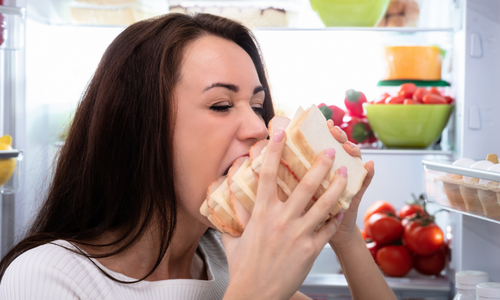
In previous issues of this newsletter, we have outlined the history of processed food addicti...

